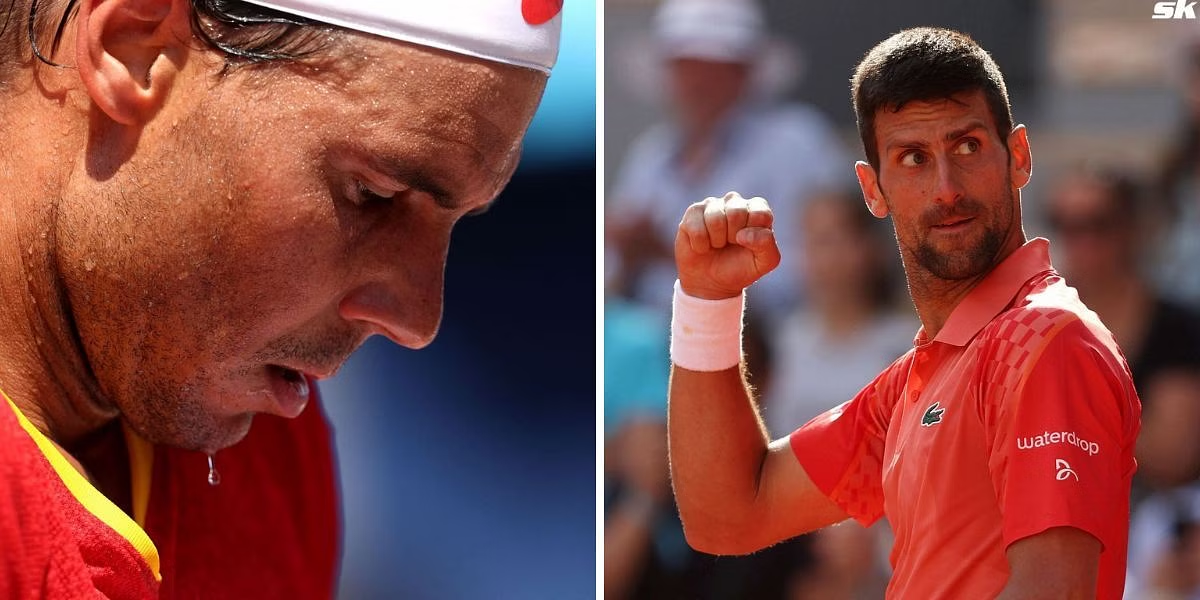
In a dramatic and emotionally charged turn of events at the Olympics, Rafael Nadal found himself at the center of controversy following his exit from the tournament.

The Spanish tennis icon was heavily criticized for what many perceived as poor sportsmanship, a situation exacerbated by an unexpected gesture from his rival, Novak Djokovic.
The match, which had been highly anticipated, saw two of the sport’s greatest competitors face off in a display of extraordinary skill and tenacity. However, it was not just the athletic prowess on display that captured the attention of fans and commentators alike. The post-match reactions and the emotional fallout have become the focal point of a heated debate within the tennis community.
As the match concluded, Nadal, known for his intense passion and competitive spirit, was visibly upset. The frustration and disappointment of the loss were evident as he slammed his racket in a rare public display of emotion. This uncharacteristic outburst led to widespread criticism, with many accusing the usually composed athlete of poor sportsmanship.
Adding to the drama was the reaction of Novak Djokovic, who, in a surprising and somewhat controversial move, extended a gesture of sportsmanship towards Nadal. Djokovic’s actions, while intended to be seen as respectful, were interpreted by some as a provocation, further fueling the narrative of Nadal’s perceived lack of composure.
The incident has sparked a broader conversation about the pressures faced by elite athletes and the fine line between competitive fervor and sportsmanship. Critics argue that Nadal’s reaction, though understandable in the heat of the moment, sets a negative example for aspiring athletes and fans. On the other hand, supporters of Nadal emphasize the immense pressure and emotional strain that comes with competing at such a high level, defending his actions as a natural human response to a deeply disappointing outcome.
Nadal’s legacy as one of tennis’s all-time greats is undisputed, but this episode has undeniably added a complex chapter to his storied career. As discussions continue, it remains to be seen how this incident will influence perceptions of sportsmanship and the behavior expected of athletes at the pinnacle of their sports.
In the aftermath, both Nadal and Djokovic have taken to social media to address the situation. Nadal expressed regret for his actions, acknowledging the importance of maintaining composure even in the face of defeat. Djokovic, meanwhile, reiterated his respect for Nadal and emphasized the spirit of sportsmanship that should prevail in the sport.
This incident serves as a stark reminder of the intense emotions that drive athletes and the scrutiny they are under, both on and off the court. It also highlights the ongoing debate about the balance between fierce competitiveness and the grace expected in victory and defeat. As the dust settles, the tennis world will undoubtedly continue to dissect and learn from this dramatic episode.
Leave a Reply